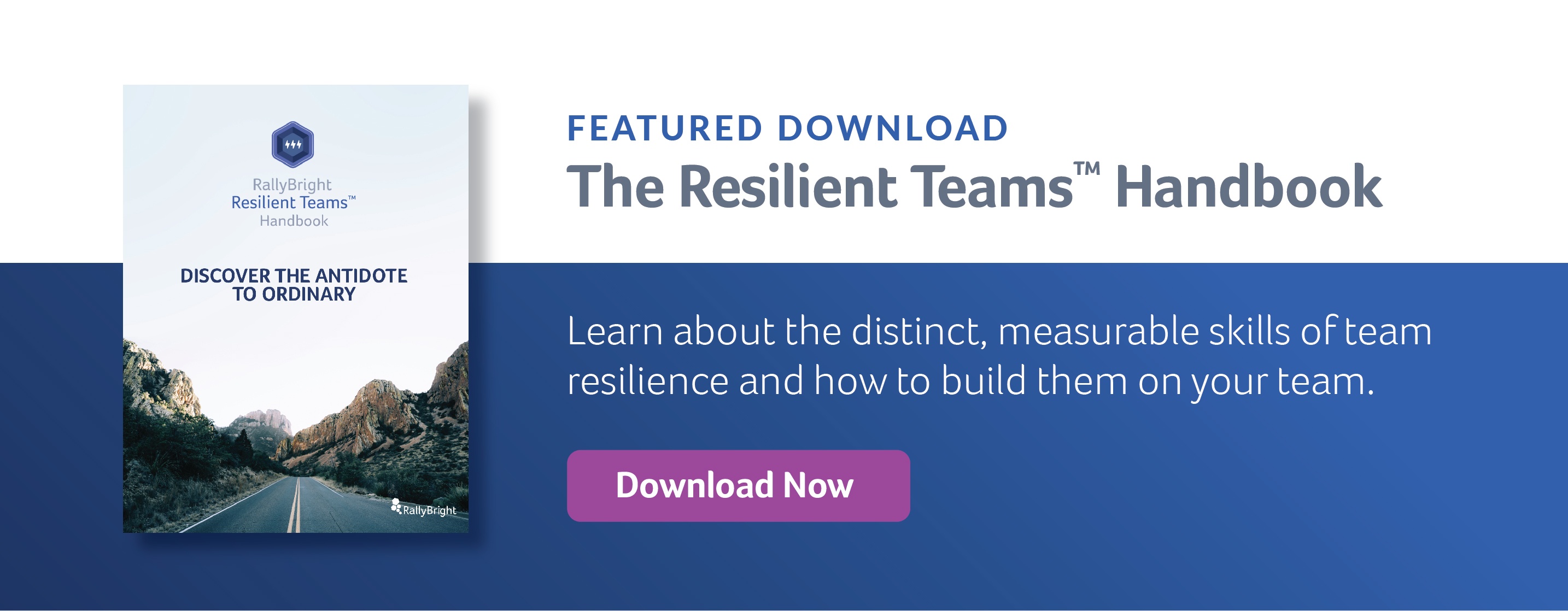The words “diversity and inclusion” seem to be ubiquitous in mission statements and promotional materials for all types of organizations. After all, the goal of creating a diverse workplace is an important one.
But diversity and inclusion can also be meaningless corporate buzzwords if there isn’t any real effort to hire a diverse team. We now know that a workplace that prioritizes diversity is often more innovative and more profitable than one that doesn’t and that there are real, tangible benefits to a diverse team.
Before we dive into these tangible benefits, let’s talk a little bit about what diversity actually means. In her New York Times Magazine article “Has ‘Diversity’ Lost Its Meaning?”, Ann Holmes emphasizes how an imprecise definition of what diversity means and what it looks like can lead to empty policies. Diversity strategies are going to look different for every organization. It’s important to define what would be a successful diversity and inclusion initiative for yours.

Generally, diversity is when differences are well-represented on your team. These differences can be either inherent or acquired. Inherent differences include gender, race, ethnicity, sexual orientation, socioeconomic status, language, and religion. Acquired differences are experiences that give someone a unique perspective, like living long-term in a different country.
Having these differences represented on your team is essential, but building policies, procedures, and strategy around diversity in the workplace is a big undertaking. It requires organizational buy-in from the top down, so let’s take a look at why developing a robust culture of inclusion is not only worth it but critical for your organization’s future.
Diverse Teams Make Better Decisions
Recent research has shown that diverse teams are better at making decisions than their homogenous counterparts. While a homogenous team might feel more comfortable and confident in its work, people with similar backgrounds are less likely to challenge assumptions or check their own biases and they are more likely to fall into a pattern known as “groupthink.”
Groupthink is when members of a team value consensus over anything else. When groupthink becomes a problem, teams are afraid to speak up when they disagree, ignore problems that arise during discussion, and even stereotype outside groups.
In contrast, diverse teams spend more time working through problems, are better at identifying and understanding facts, and deal with problems objectively. One study used a stock market simulation to demonstrate how diverse teams were better at decision-making. In both the US and Singapore, diverse groups and homogenous groups had to make decisions about stock-market pricing. The study showed that the diverse group’s answers were 58% more accurate.
Diverse Teams Are More Innovative & More Profitable
In addition to being more successful at making decisions, there is evidence that diverse teams are more innovative and profitable. Different ideas, experiences, perspectives, and problem-solving strategies create an atmosphere where new ideas flourish.
In their 2015 report Diversity Matters, McKinsey & Company analyzed 366 companies in multiple industries. The takeaway is that organizations with racially diverse leadership are 35% more likely to see more profits. Diversity in the workplace, per the report, is a “competitive differentiator shifting market share toward more diverse companies.”
In the same way that diverse teams make better decisions, diversity also encourages innovation. In fact, diverse teams are six times more likely to be innovative and agile, according to research by Deloitte.
A Focus on Diversity in the Workplace Reduces Employee Turnover
If diversity and inclusion is a priority for your organization, the benefits go beyond innovation and profitability. A robust diversity and inclusion strategy is also going to help reduce turnover and attract top talent to your organization.
Millennials are quickly becoming the largest group in the workforce and many of them report researching an organization’s diversity and inclusion policy before accepting a job. Organizations that value diversity are seen as more welcoming, and as places where millennials, the most diverse workforce, can see themselves thriving.
RallyBright Contributor Leslie Fannon Zhang is a Washington D.C.-area writer with a background in training, marketing, and sales.


